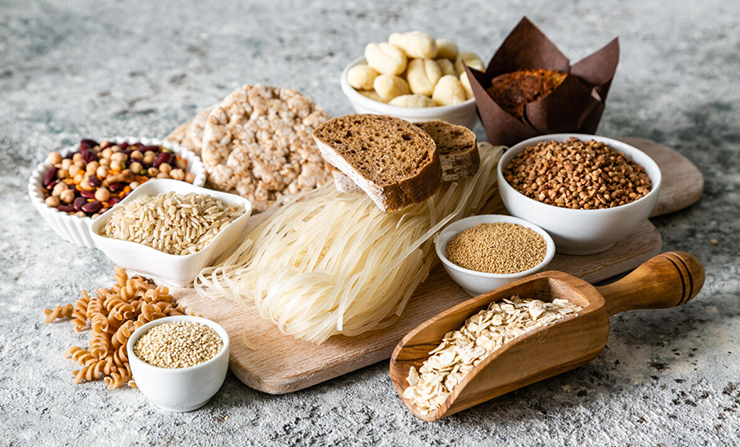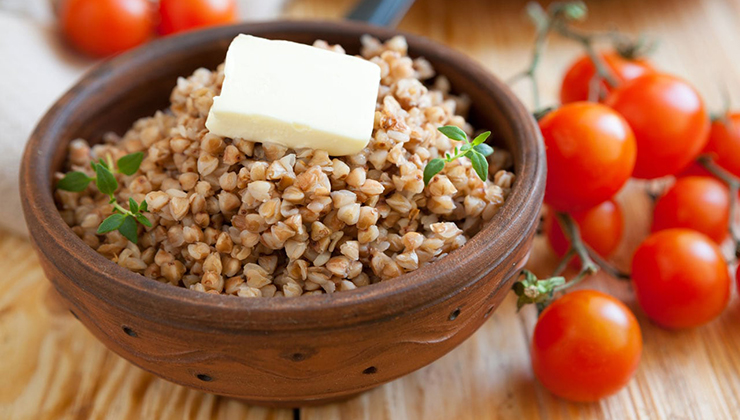Why Do You Need to Refuse of Gluten

There is no definitive answer on whether gluten is bad or not, but studies by leading nutritionists confirm that it makes sense to reduce the burden on the digestive tract and eliminate gluten from your diet.
What are the benefits of going gluten free?

1. Improved digestion
Rejection of gluten contributes to the normalization of the digestive system and the elimination of unpleasant symptoms.

2. Improved skin condition
One of the causes of skin rashes, pimples and acne on the face can also be associated with the microflora of your intestines. Cutting out gluten will help you get back on track.

3. Increasing energy reserves
The less gluten you consume, the more vitality and vigor you have. Even temporarily limiting gluten-containing foods in your diet will allow you to adapt to the change of seasons, when the decline in energy is felt most strongly.

4. Weight loss
Digestive problems interfere with weight loss and do not contribute to a good metabolism. The reason is that gluten can irritate the intestines and prevent them from functioning properly. Avoiding gluten can speed up your metabolism and achieve significant results in weight loss.

5. Immunity Boost
Constant processing of gluten-containing products by the body exhausts its internal resources. Avoiding gluten will increase the body’s resistance to viruses and infections.

What cereals contain gluten?
- barley
- oats
- wheat
- bulgur

Which cereals do not contain gluten?
- buckwheat
- quinoa
- maize
- millet
- rice

What foods can contain “hidden” gluten?
- sausages, minced meat
- almost all sauces
- bakery products
- pasta made from traditional flour
- sweets, waffles, cakes
- yoghurts, curds
- strong drinks made of grains
- flavored tea

